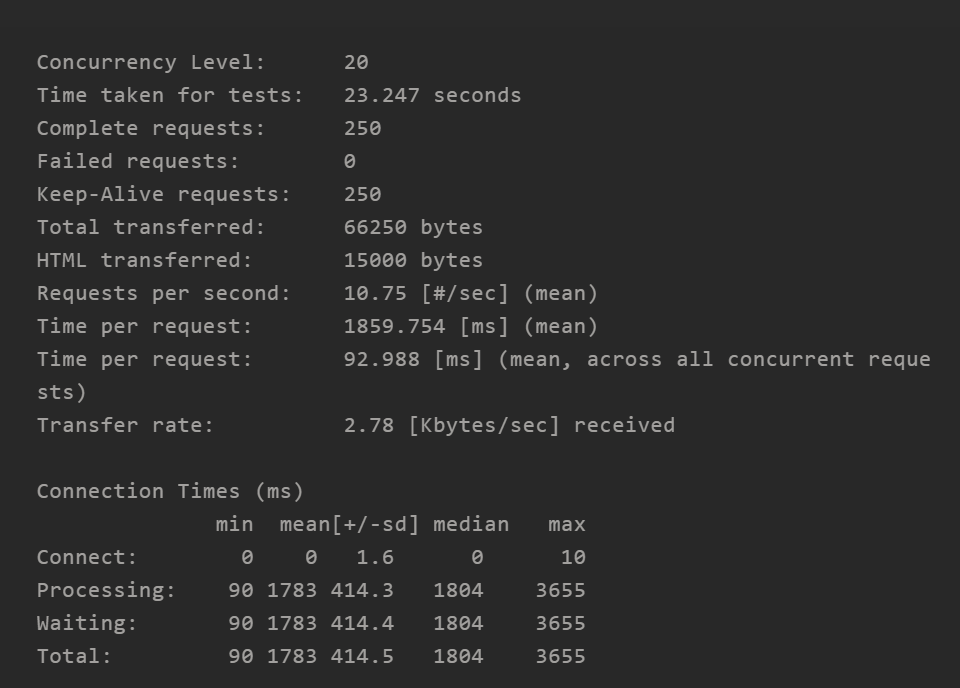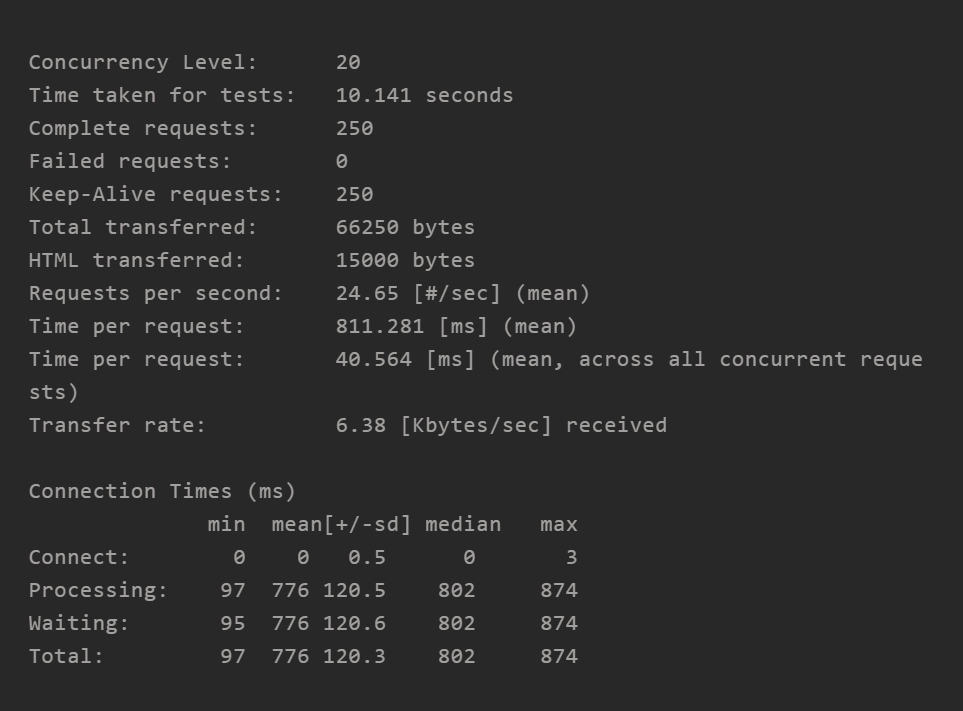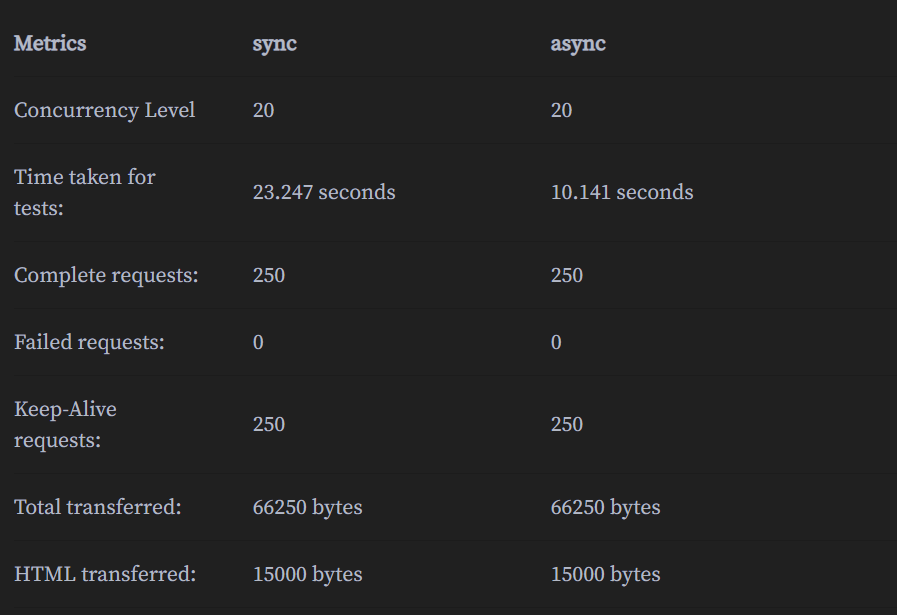Async vs Sync NodeJs: A Simple Benchmark
- The Tech Platform

- Mar 2, 2021
- 2 min read
Updated: Mar 14, 2023
Async and sync are probably two of the most heard words among javascript developers, they refer to asynchronous and synchronous programming respectively. Asynchronous programming in javascript can be done using callbacks, Promise, and async and await.
Javascript handles asynchronous tasks with the help of event loop. We know that it increases performance and doesn't block the rest of the code. But everything is theoretical, how do we know is it actually increases performance?
By doing some benchmarks!!
In this article, we won't discuss how to program asynchronously or synchronously, instead, we are going to run some benchmarks against sync and async methods.
For the test case, we are going to use the bcrypt package which has sync and async methods to hash a given string. We also need express.
let's start by installing the dependencies.
yarn add express bcrypThe following script can be used for benchmarking.
import express from 'express'import bcrypt from 'bcrypt'const app = express() app.get('/sync', (req, res) => {let hashed = bcrypt.hashSync('secret', 10)return res.send(hashed)}) app.get('/async', async (req, res) => {let hashed = await bcrypt.hash('secret', 10)return res.send(hashed)}) app.listen(3000, () => console.log('Server started on port 3000'))It's a simple express application with two routes both of them will return the hashed value of string "secret". /sync route will use bcrypt.hashSync() method to hash the value synchronously, while /async route use bcrypt.hash() method to hash the value asynchronously.
We can now run the benchmark test using apache bench.
Apache bench is a tool for benchmarking HTTP servers.
Sync mode benchmark
The following command is used to run the benchmark for sync mode.
ab -k -c 20 -n 250 "http://localhost:3000/sync"If you don't know what the above command does, it simply calls the apache bench (ab) with the URL to be benchmarked (http://localhost:3000/sync) as input and some options( -k, -c, -n).
-k - Enable the HTTP KeepAlive feature
-c - Number of multiple requests to perform at a time.
-n - Number of requests to perform for the benchmarking session
The result is given below.
Async mode benchmark
Now let's benchmark the asynchronous mode.
ab -k -c 20 -n 250 "http://localhost:3000/async"And the results are as follows.
Comparison
As you can see, async mode performs better than sync mode. The async mode handles more request/sec than sync mode and its time/request is less compared to that of sync mode.
Conclusion
As per the benchmark results, async mode performs better than sync mode when performing I/O (even though the test case doesn't perform any I/O operations). Hashing using bcrypt is a CPU intensive operation and when hashing strings using bcrypt in async mode, it uses the thread pool and doesn't block the event loop.
Always use async mode when your code needs to perform some blocking I/O operations as it doesn't block the event loop.
Source: Jinoantony
The Tech Platform














Comments